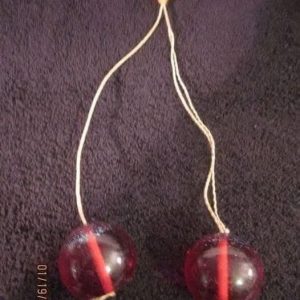Grief used to have edges—the chair Mom fell asleep in, her chipped mug, the laugh lines when Sade played. After she died, grief became empty rooms and a table with a spare chair no one would take. Then Monica arrived, trying to redecorate that emptiness.
I’m Britt, thirty, living near the house I grew up in. Mom’s gone, but I keep her memory alive with black coffee and quiet rituals. My little sister Emma, sixteen, lives with Dad, who remarried six months after Mom died.
Monica is polished, sharp, and controlling. The first time I met her, she announced, “These family portraits have to go. We need new energy.” By the next weekend, Mom’s photos and belongings were boxed up in Emma’s room. Emma retreated into silence and sketchbooks, whispering, “It’s like she never existed. Like I don’t, either.”
Then came the sonogram—twins. Dad beamed, Monica held the proof of a future that didn’t include our past. Emma texted me: she felt erased, told I wasn’t part of this new family.
One Saturday, Dad and Monica were away. When they returned, Monica confronted Emma, demanding she leave because she was “taking up too much space” and “her life was over.” Dad’s voice was weak, “Maybe it’s for the best, just for a little while.”
Emma called me crying, “She kicked me out. Dad just stood there.” I drove to the house. Monica was smug, eating yogurt like caviar. I told her I was packing Emma’s things.
“This is my room!” Monica snapped when I started packing her clothes. Dad showed up, stunned by the scene.
I pulled out the will—Mom left the house to me. Dad read it, frozen. Monica threatened lawyers; I told her to call ten. None would help her.
Two days later, Monica left. Dad barely spoke. Emma came home with Aunt Jenna, suitcase in hand, hesitant but safe. We unpacked memories, rehung Mom’s photos, reclaimed the house.
Grief stayed, but it grew warm, like toast and vanilla instead of emptiness. Emma isn’t a shadow here anymore. This house holds our past—and our future.




